NEWS and OPINIONS

New Stem Cell Data From Space
Arun Sharma, PhD By Cedars Sinai News - Cedars-Sinai investigators are one step closer to manufacturing stem cells in space, which could speed up the development of new medical therapies on Earth. The first published data from the experiments conducted on a private...

Stem cells reveal how exposure to danger signals primes immune response in cardiovascular disease
by International Society for Stem Cell Research - MedicalXpress - When thinking about the immune system, most people think about B and T cells and how they can be trained to recognize pathogens, preventing re-infections. Besides this adaptive immune system, we also...

Stem cell therapy improves mental, physical health in relapsing-remitting MS
By Healio News - Top-line results of a phase 2 clinical trial for an adipose-derived autologous mesenchymal stem cell therapy to address mild to moderate relapsing-remitting MS found the treatment improved mental and physical health at 52 weeks. According to a press...
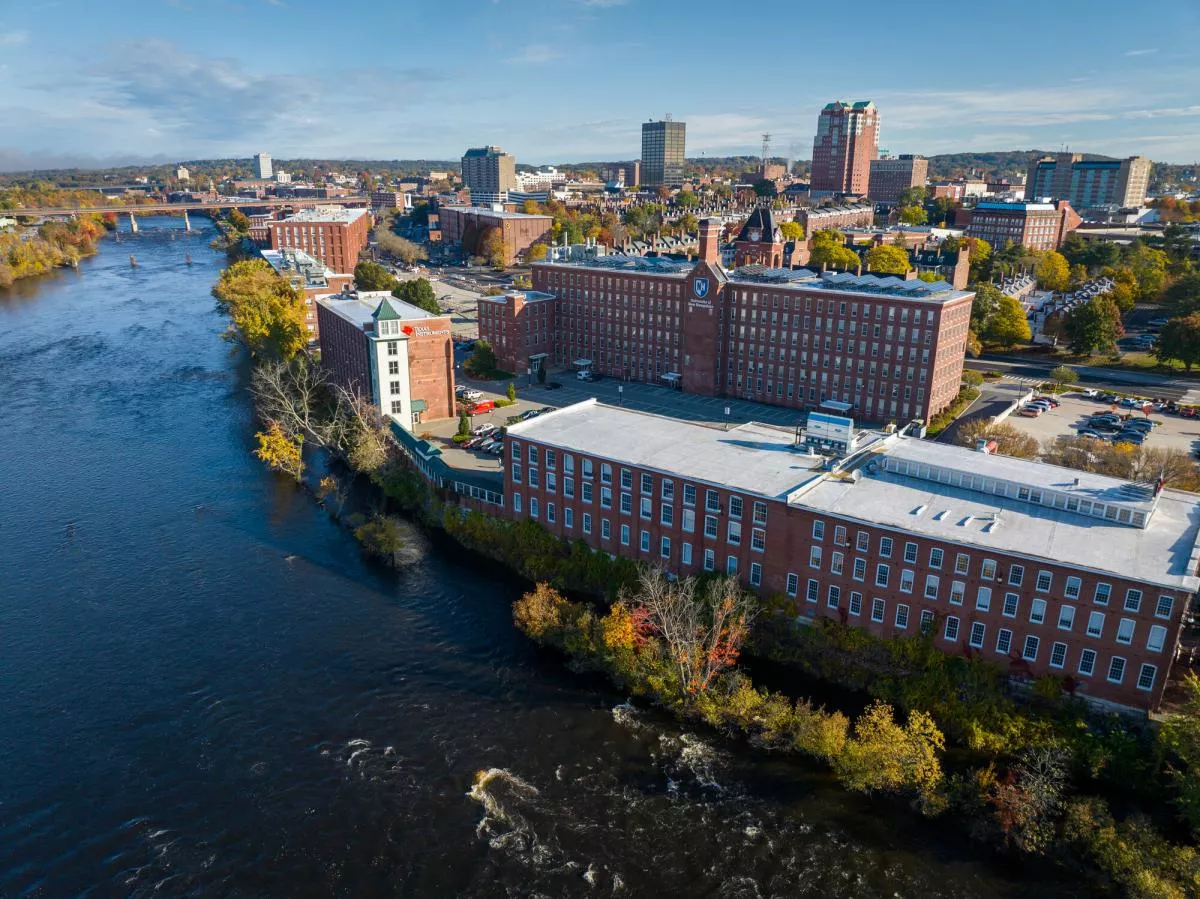
UNH Awarded $10M to Support Workforce Development in ReGen Valley Tech Hub Initiative
By UNH Manchester - The University of New Hampshire at Manchester has been awarded $10 million to lead workforce development efforts within the ReGen Valley Tech Hub, an initiative aimed at establishing Southern New Hampshire as a global leader in biofabrication....
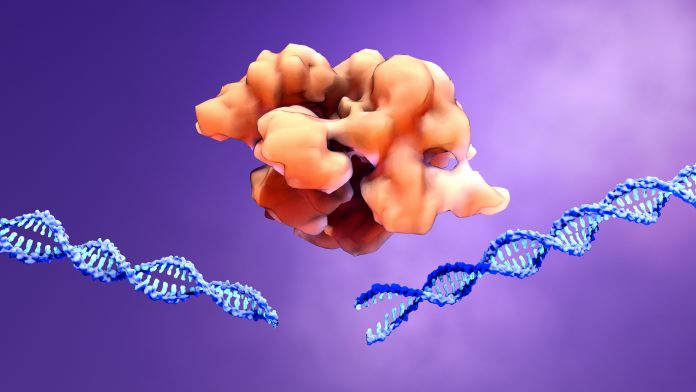
Gene Editing Insights Progress Delivery Inside Body
By Inside Precision Medicine - U.S. researchers have shone further light into the precise way that CRISPR/Cas9 gene editing actually works and circumvents unintended off-target effects, which could lead to more accurate cellular therapies. The preclinical research,...

Lab-made muscle: New laser tech grows real human tissues to replace lab rats
by Mrigakshi Dixit - Interesting Engineering - Think of a future where injuries heal faster, diseases are cured more effectively, and lab-grown meat is a reality. This future is one step closer, thanks to the innovative work of Dr. Hao Liu from ETH Zurich. Liu uses...

Reversing lung scarring with a shot of stem cells
by Andrew Saintsing, PhD - Drug Discovery News - When the world ground to a halt in 2020, news outlets regularly featured stories about how COVID-19 wreaked havoc on patients’ lungs. In millions of cases, an initial cough developed into full-blown pneumonia, which...

CRISPR-Cas9 Therapy Shows Promise As Single-Dose Treatment for Hereditary Angioedema
By Technology Networks - A single treatment with, a CRISPR-Cas9-based gene editing therapy, is enough to replace the daily medication of patients with hereditary angioedema (HAE), a condition characterized by severe, painful and sudden onset of swelling, sometimes...
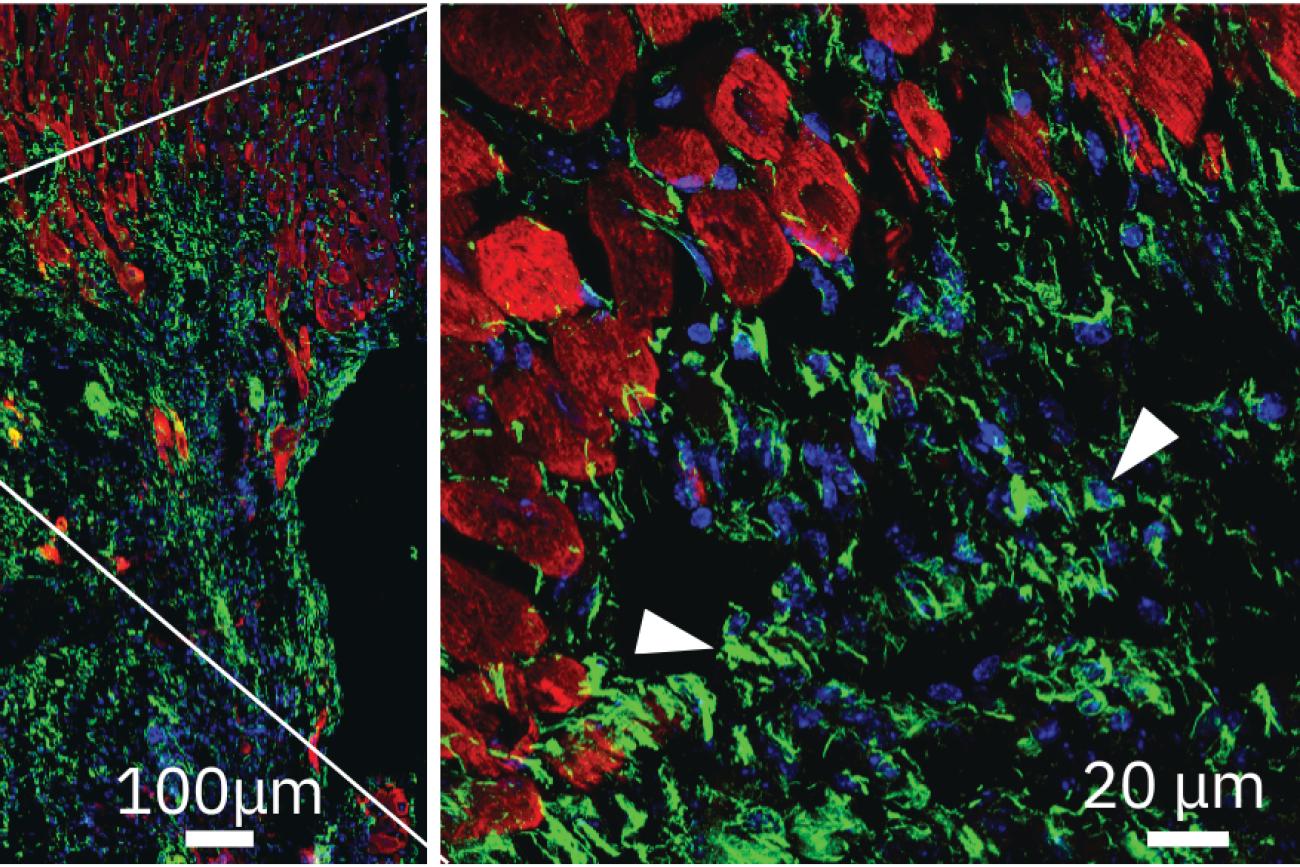
UCLA researchers engineer experimental drug for preventing heart failure after heart attacks
By Ani Vahradyan - UCLA Broad Stem Cell Research Center - Scientists at the Eli and Edythe Broad Center of Regenerative Medicine and Stem Cell Research at UCLA have developed a first-of-its-kind experimental therapy that has the potential to enhance heart repair...
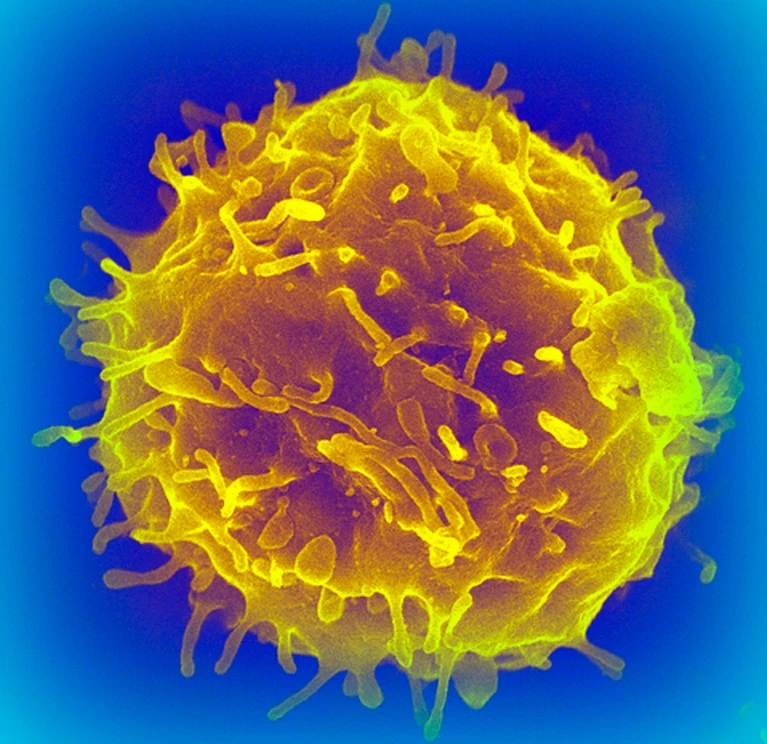
Do stem-cell transplants increase cancer risk? Long-lived recipients offer clues
By Smriti Mallapaty - Nature - Ever since the first blood-forming stem cells were successfully transplanted into people with blood cancers more than 50 years ago, researchers have wondered whether they developed cancer-causing mutations. A unique study1 on the...
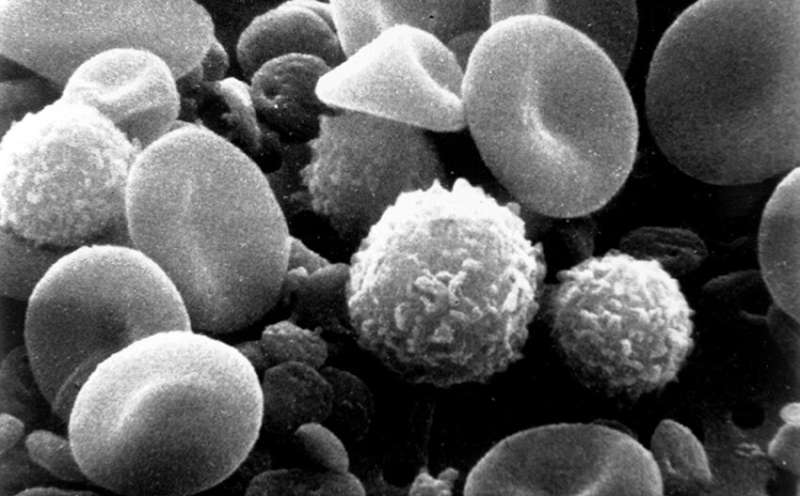
Re-engineered, blue light-activated immune cells penetrate and kill solid tumors
by Pennsylvania State University - MedicalXpress - Immunotherapies that mobilize a patient's own immune system to fight cancer have become a treatment pillar. These therapies, including CAR T-cell therapy, have performed well in cancers like leukemias and lymphomas,...
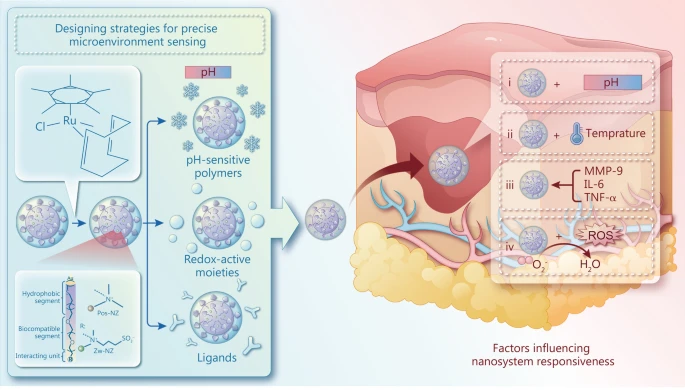
Microenvironment-responsive nanomedicines: a promising direction for tissue regeneration
By BMC - Military Medical Research - Severe tissue defects present formidable challenges to human health, persisting as major contributors to mortality rates. The complex pathological microenvironment, particularly the disrupted immune landscape within these defects,...
